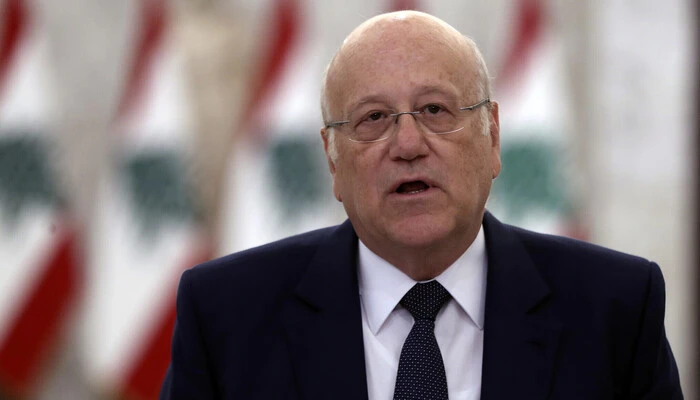Lebanon’s caretaker Prime Minister, Najib Mikati, expressed optimism that a ceasefire with Israel could be achieved soon. The announcement follows intensified diplomatic talks aimed at ending the hostilities between Israel and Lebanon.
Mikati’s optimism for a truce grew after his discussions with Amos Hochstein, the United States envoy for the Middle East. Hochstein, set to travel to Israel shortly, hinted at the possibility of reaching an agreement within days. “Hochstein suggested we could reach an agreement before the end of the month and before the U.S. election on November 5,” Mikati told Lebanon’s Al Jadeed television.
The discussions signal a push for immediate conflict resolution amid rising regional tensions. Mikati stated, “We are doing everything we can, and we should remain optimistic that in the coming hours or days, we will have a ceasefire.”
Draft Ceasefire Proposal Leaked
In Israel, public broadcaster Kan published a draft truce agreement it claims was authored by the United States. According to the leaked document, the proposal outlines an initial 60-day ceasefire, with Israel agreeing to withdraw its forces from Lebanon within the first week.
The alleged proposal aims to create a pause in the violence, allowing both sides to reconsider their positions while reducing the immediate human cost of the conflict.
U.S. Pressure and Regional Stability
With pressure mounting from Washington, Mikati’s meeting with Hochstein signals a potential shift toward peace efforts. The proposed timeline, aiming for a deal before November 5, aligns with the U.S. election, highlighting America’s role in moderating the conflict. The U.S. has been urging both sides to exercise restraint and prioritize civilian safety.
Hochstein’s diplomatic efforts in Lebanon and his planned visit to Israel demonstrate the urgency of finding a path to peace. The United States has been advocating for a resolution that can stabilize Lebanon, prevent regional escalation, and protect its ally Israel.
While Mikati’s remarks have raised hopes, he emphasized a “cautiously optimistic” approach. “We should remain hopeful but aware of the complexities,” he said. The ongoing violence has already left a toll on civilian lives, creating urgency for a stable resolution.
Both Lebanon and Israel have reasons for caution. Political groups and populations within Lebanon and Israel hold different perspectives on peace, complicating any truce process. Additionally, regional players with vested interests may either support or resist a ceasefire agreement.
What a Ceasefire Could Mean for Lebanon and Israel
If successful, the truce could offer a temporary halt in the cross-border hostilities that have impacted both nations. The ceasefire could pave the way for a more structured peace process, providing a vital opportunity for diplomatic discussions to advance. For Lebanon, an end to the violence would ease pressure on communities directly affected by the conflict and potentially allow for humanitarian aid to reach those in need.
For Israel, a ceasefire could bring a temporary reprieve, allowing its citizens in conflict zones to experience stability. The ceasefire would also mark a step toward diplomatic engagement, as both nations navigate political pressures and domestic responses.
With international players closely monitoring the situation, hopes remain high that a ceasefire agreement may be brokered in the coming days. As the situation unfolds, diplomatic efforts continue to provide a glimmer of hope in an otherwise fraught conflict.
Follow us on Google News, Instagram, YouTube, Facebook,Whats App, and TikTok for latest updates
